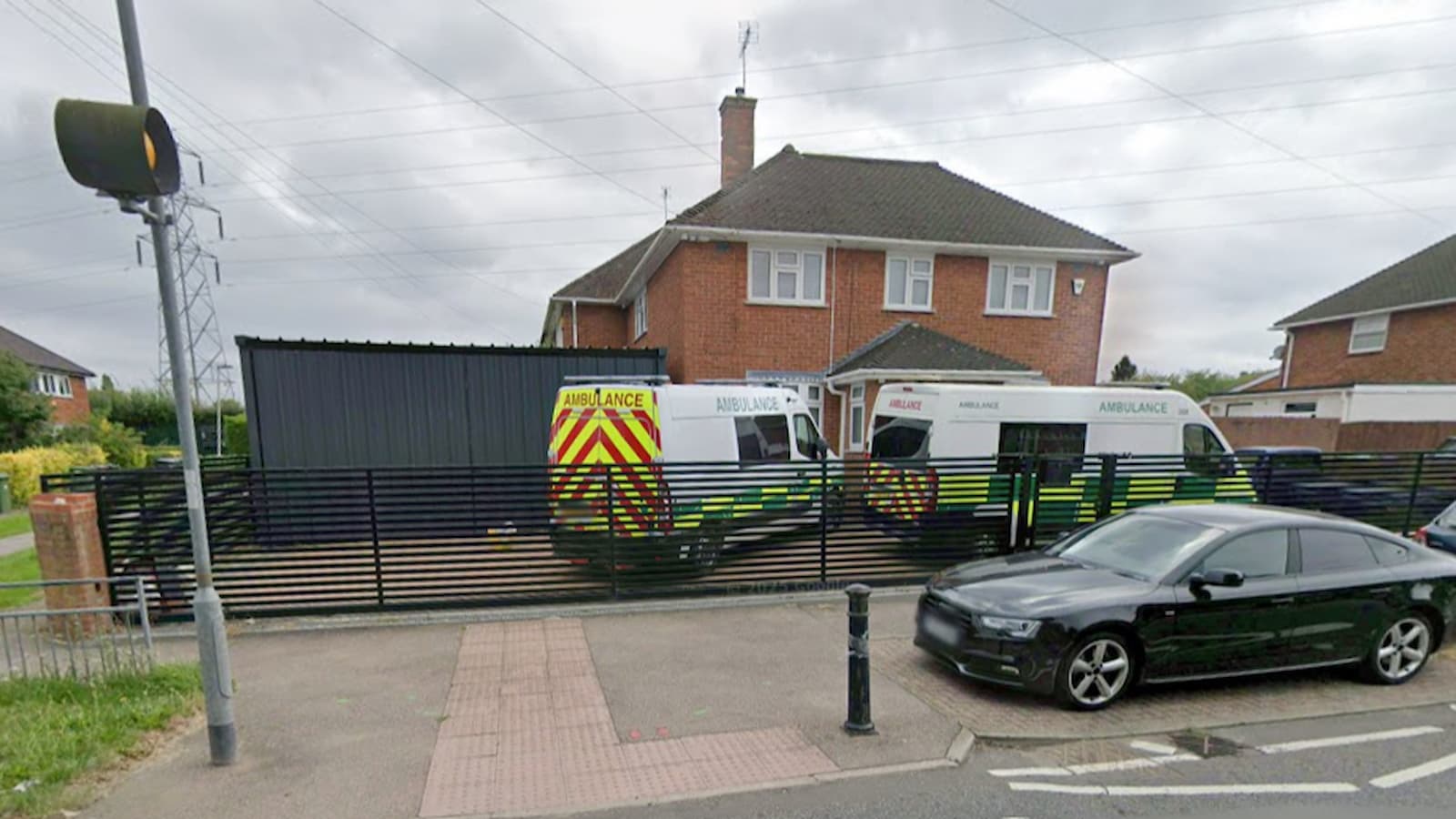Desiccant vs compressor dehumidifier: Which one should you pick?
Learn the difference between a desiccant and a compressor dehumidifier – and which one is right for your home
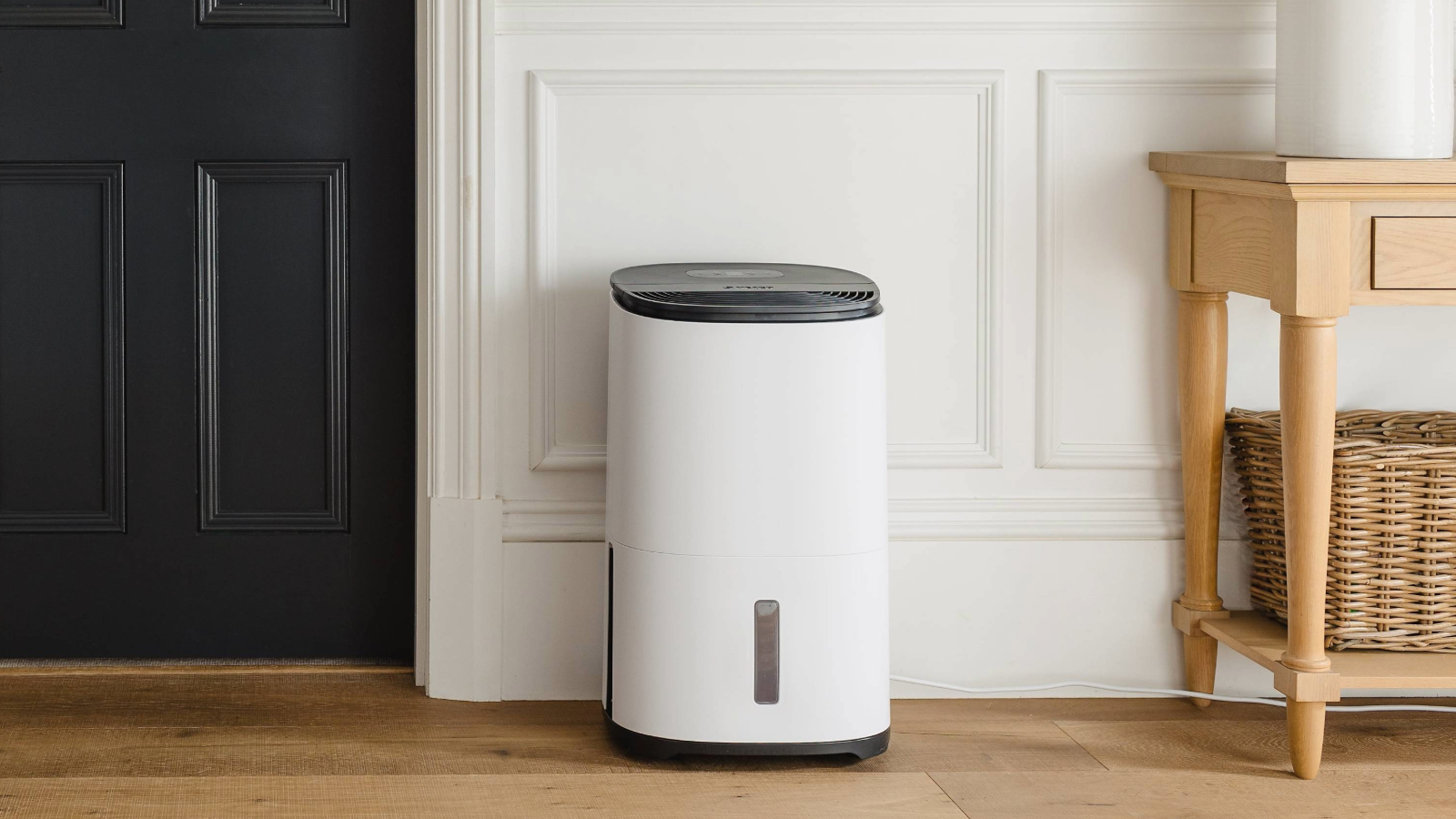
Bring your dream home to life with expert advice, how to guides and design inspiration. Sign up for our newsletter and get two free tickets to a Homebuilding & Renovating Show near you.
You are now subscribed
Your newsletter sign-up was successful
What's the difference between a desiccant and a compressor dehumidifier? If you're in the market for a new machine, you might be wondering which model is best for your home. It's a good thing you asked, because using the wrong one could damage the unit, overdry your room, and increase your energy costs.
The best dehumidifiers remove condensation and dampness from your home, helping to prevent and reduce problems like mould, which can cause serious health issues over time. While both desiccant and compressor models achieve the same result, they work in different ways, and they're not suitable for the same environment.
Below, the experts explain the differences between these two types of dehumidifiers, so you can determine which is best for your home and lifestyle. You'll also learn about the pros and cons of each, and how they compare head-to-head on factors like noise levels, size, and energy efficiency.
Desiccant vs compressor dehumidifier: Quick comparison
| Header Cell - Column 0 | Desiccant dehumidifer | Compressor dehumidifier |
|---|---|---|
Best operating temperature | 1 to 15°C | Above 15°C |
Best environment | Cold environments, like caravans, boats, garages, and basements | Humid environments, like kitchens, laundry rooms, and bedrooms |
Noise levels | Usually quieter, as it doesn’t have a compressor that can be noisy | Usually louder |
Size | Usually smaller and lighter | Usually bigger and heavier |
Cost to run | More expensive | Cheaper |
How it works | Moisture is absorbed by a desiccant material and collected into a drip tank. | Uses cold coils to condense moisture in the air, then slightly reheats it before releasing it. |
Our top picks
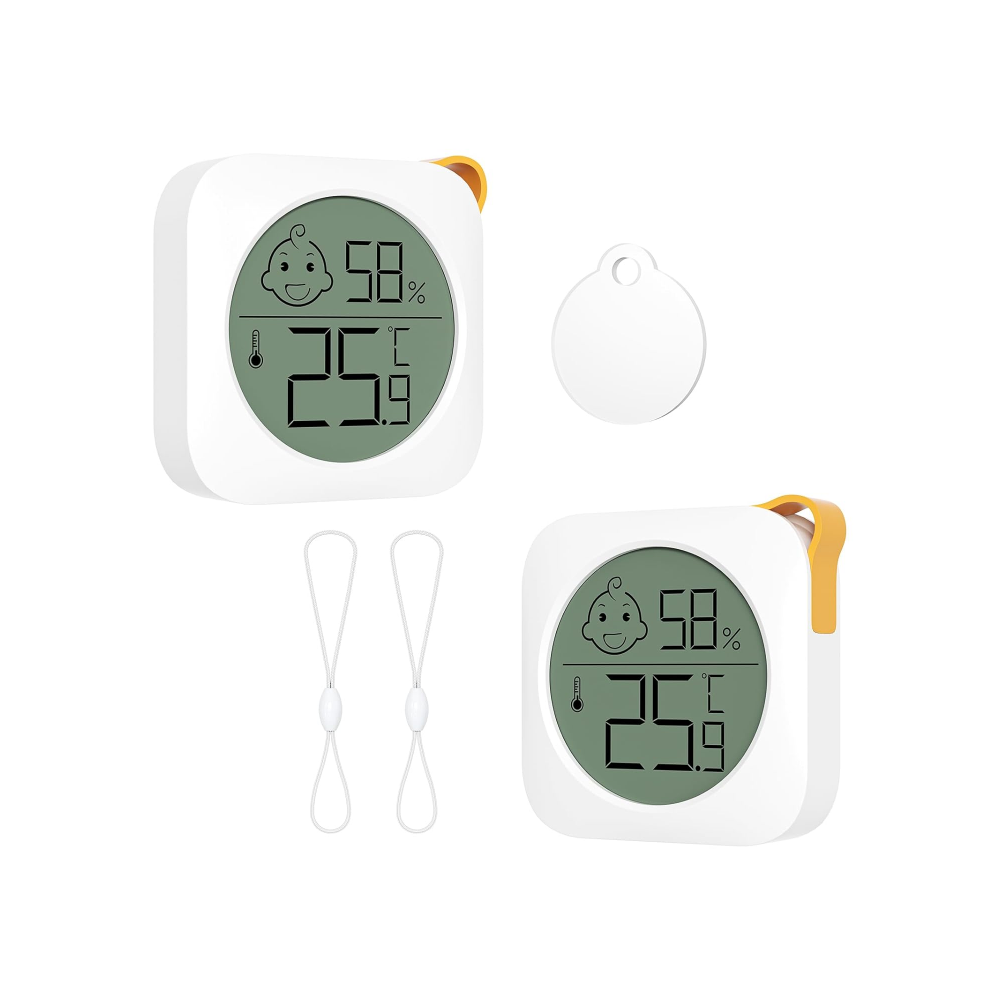
Unsure which type of dehumidifier you need? These budget-friendly thermometers will monitor the room's temperature and humidity levels, so you can make an informed decision.
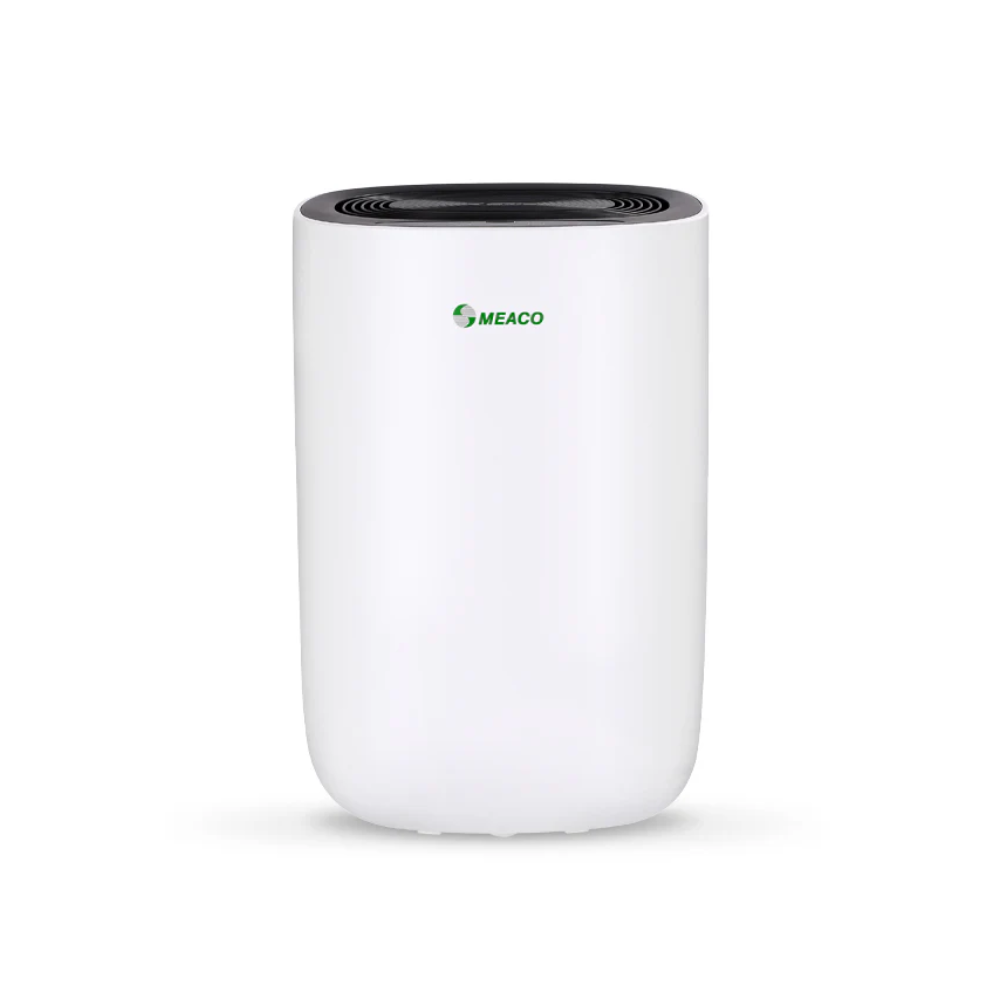
Capable of removing up to 12 litres of water per day, this compressor dehumidifier effectively reduces moisture in hot, humid rooms.
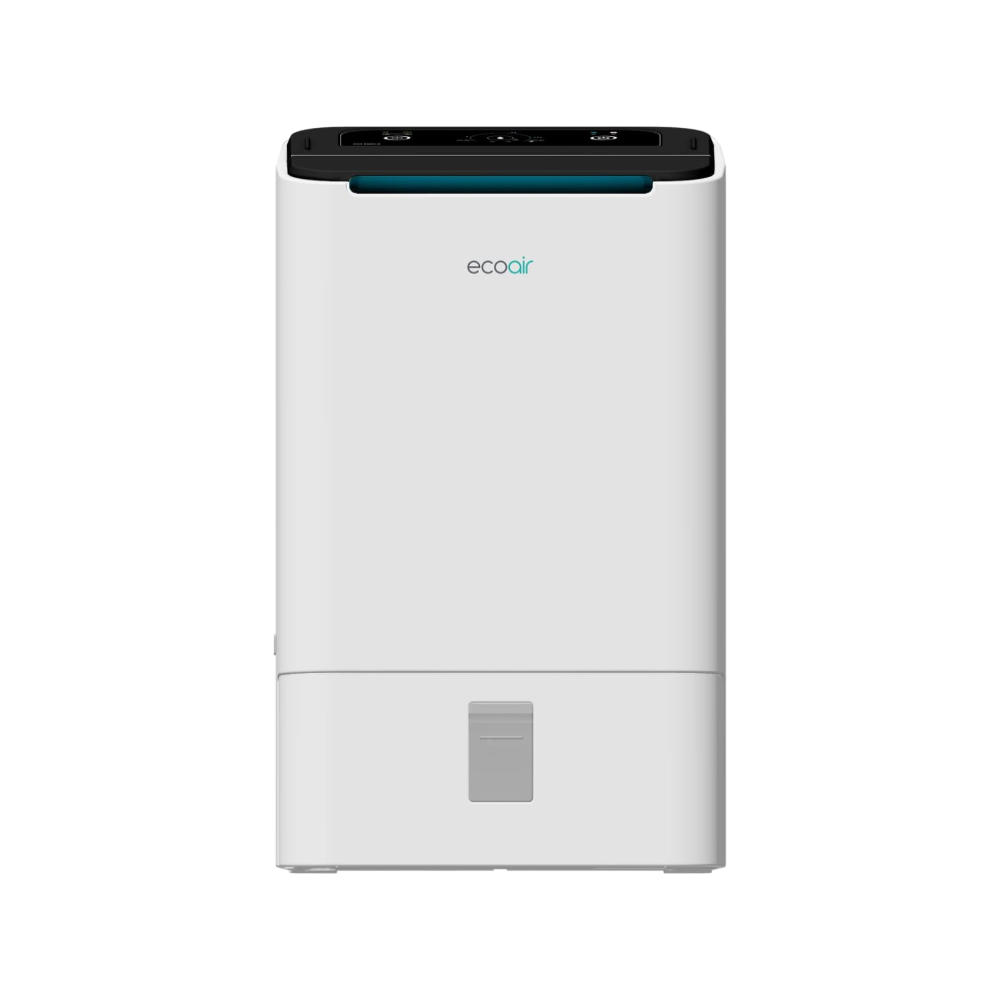
Featuring an anti-bacterial filter and a lightweight design that's easy to manoeuvre, this is the best desiccant model our team has tested.
Should I get a desiccant or compressor dehumidifier?
This ultimately depends on where you want to place it. If you're looking to reduce damp in a cold environment – such as a basement, unheated garage, or boat – then a desiccant dehumidifier is the best option. For warmer rooms, like kitchens, bedrooms, and utility rooms, choose a compressor model instead.
You might think that you can use these interchangeably, but placing a compressor dehumidifier in a cold room can cause the coils to freeze, stop water collection, or even make the device shut off to prevent damage.
Desiccant models also have the added bonus of producing a small amount of heat, which is another reason why they're best for colder rooms in your home.
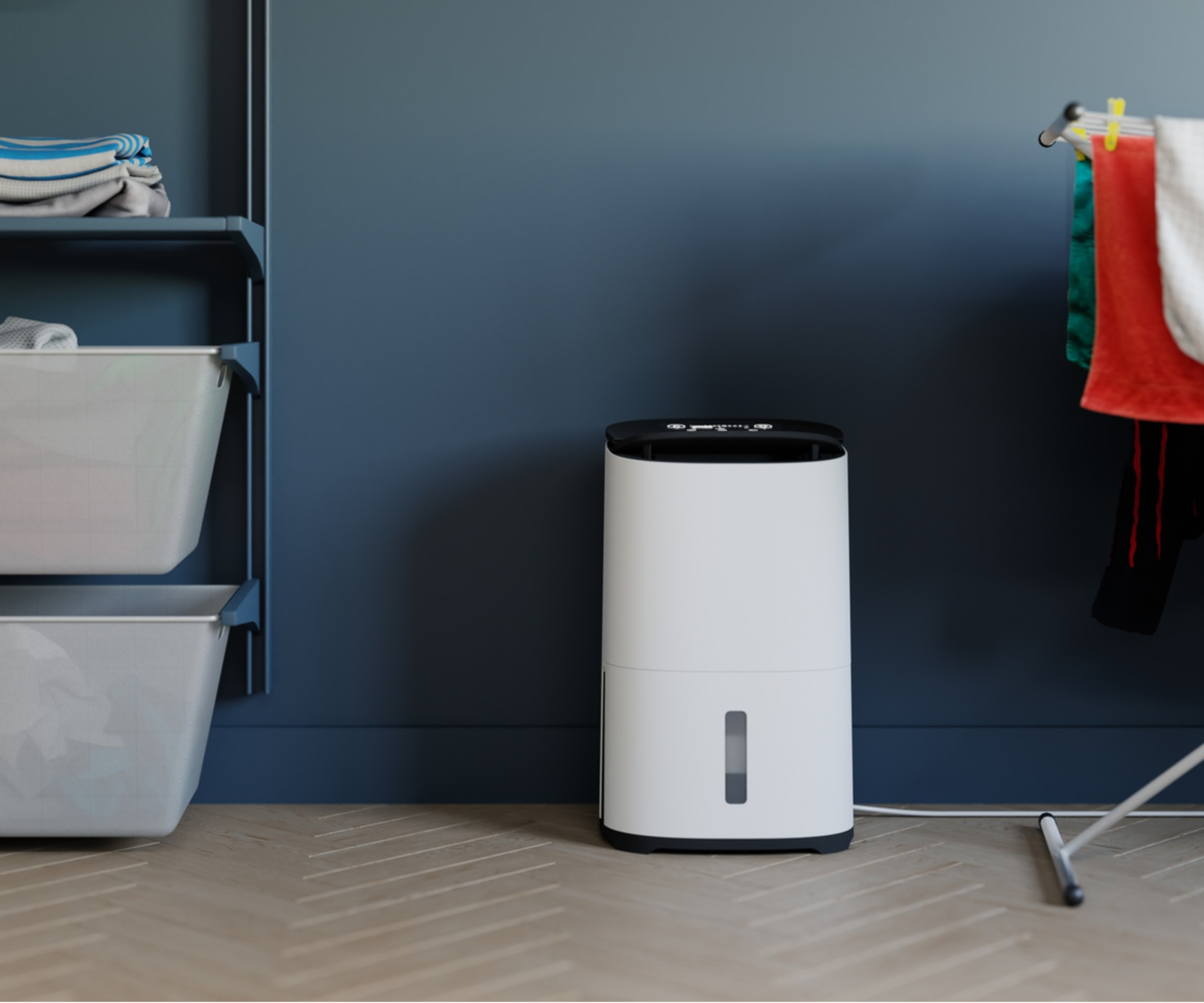
Desiccant vs compressor dehumidifier: Pros and cons
Dehumidifiers can be expensive, so it's worth weighing up the pros and cons before you decide to make the investment. We asked Chris Michael, founder of Meaco, to share his thoughts:
Bring your dream home to life with expert advice, how to guides and design inspiration. Sign up for our newsletter and get two free tickets to a Homebuilding & Renovating Show near you.
Pros of desiccant dehumidifiers
- Perform well in cold rooms: They’re a good choice for unheated spaces, such as garages and basements.
- Lighter and quieter: Desiccant models tend to be easier to move from one room to another, and for those concerned about the noise of dehumidifiers, you'll be pleased to hear that this type isn't too loud.
- Produces heat: The warmer air output can help to heat the room.
- Best for laundry: Cheaper than a tumble dryer and quicker than compressors, desiccant dehumidifiers are excellent at drying wet clothes.
Cons of desiccant dehumidifiers
- Higher energy consumption: They use a lot more energy since they heat the air.
- Less cost-effective for year-round use in mild or warm homes: They have higher running costs compared to compressors.
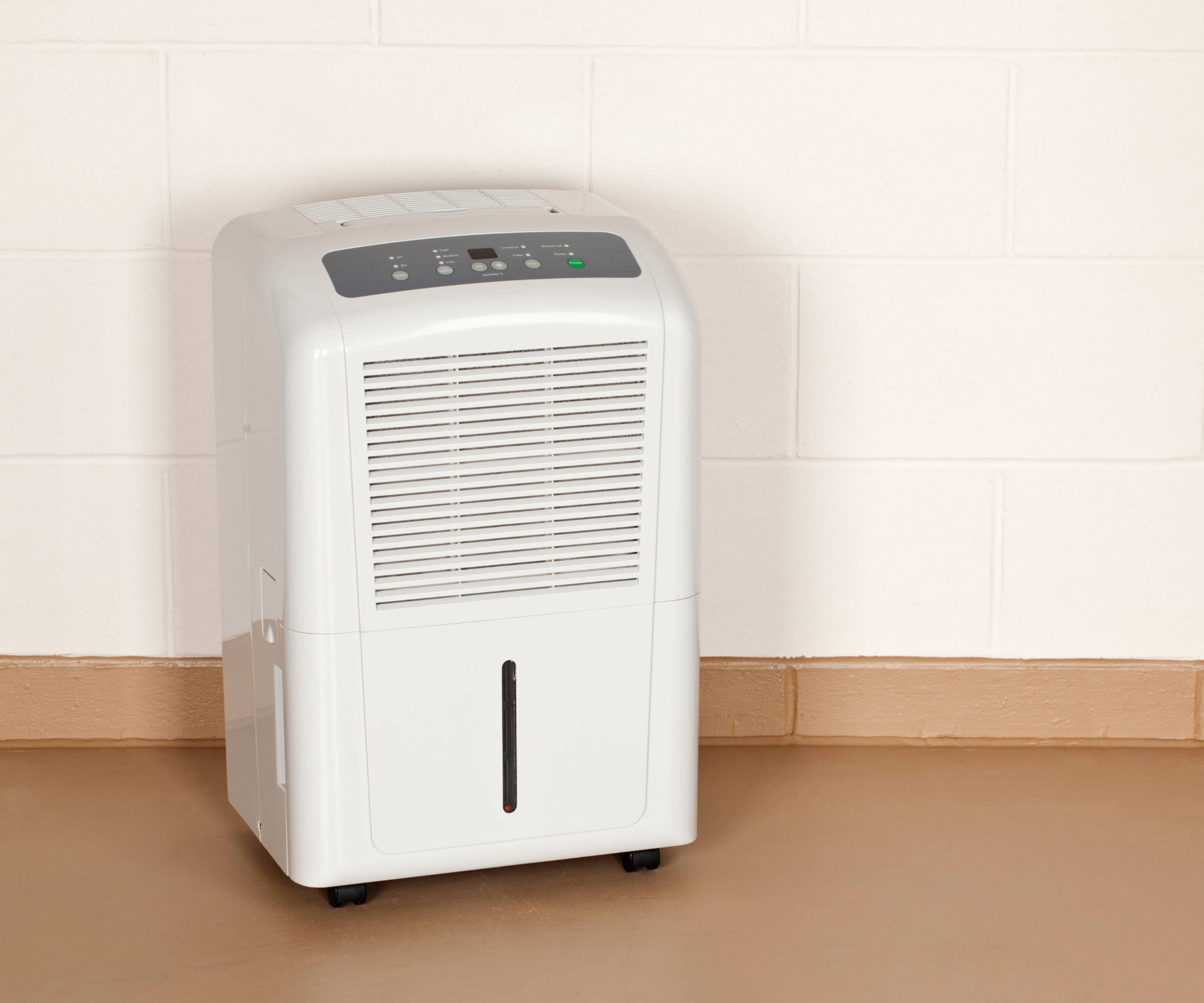
Pros of compressor dehumidifiers
- Energy-efficient: In warm or heated homes (above 15 °C), compressor dehumidifiers are the most energy-efficient option.
- Some models offer air purification: Particularly useful for allergy sufferers, some compressors offer a two-in-one design that filters unwanted air particles while reducing humidity.
Cons of compressor dehumidifiers
- Less effective in cold rooms: Performance drops when temperatures fall below 15 °C, and the unit may stop working entirely around 5 °C due to freezing coils.
- Heavier and noisier than desiccant models: It’s bad news if you plan to move the device between different rooms or sleep with it.

Chris Michael is the founder of Meaco and has worked within the air treatment industry for over 30 years.
Which is better: compressor or desiccant dehumidifier?
You might be wondering whether a desiccant or compressor dehumidifier is better, but Laura Bradbury, Head of eCommerce at Vonhaus, says there's no "one-size-fits-all" as both have their place in the home.
"Compressor dehumidifiers are great for warm, centrally heated spaces and tend to be a little more energy-efficient. Desiccant models work better in cooler areas like garages, conservatories, or utility rooms, and they also release a gentle warmth while running.”
However, compressor models tend to be the most popular choice for UK homes, according to Chris Michael.

Laura Bradbury is Head of eCommerce at online homeware and garden retailer Vonhaus.
Laura Bradbury concludes, "Whichever type you choose, a good quality dehumidifier should last for years with regular care."
So, once you've decided between a desiccant or compressor model, it's worth learning how to carry out proper dehumidifier maintenance to keep it going for as long as possible. Or, if you want a full breakdown of how dehumidifiers work, you can read our expert's guide.

As Content Editor at Homebuilding & Renovating, Megan is passionate about providing expert-backed advice and creative inspiration to help readers transform their living spaces. Her love for DIY began while helping to renovate her parents’ family home, sparking a fascination with interiors, renovation, and design. More recently, she assisted with the renovation of her partner’s house in Bristol and is currently expanding her expertise through an Introduction to Home Improvement course. She joined the Homebuilding & Renovating team in 2025, having previously worked as a Staff Writer at PetsRadar and Beauty Assistant at Harrods.
